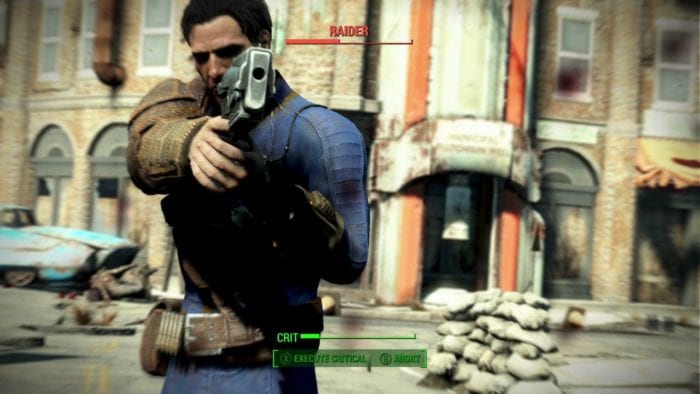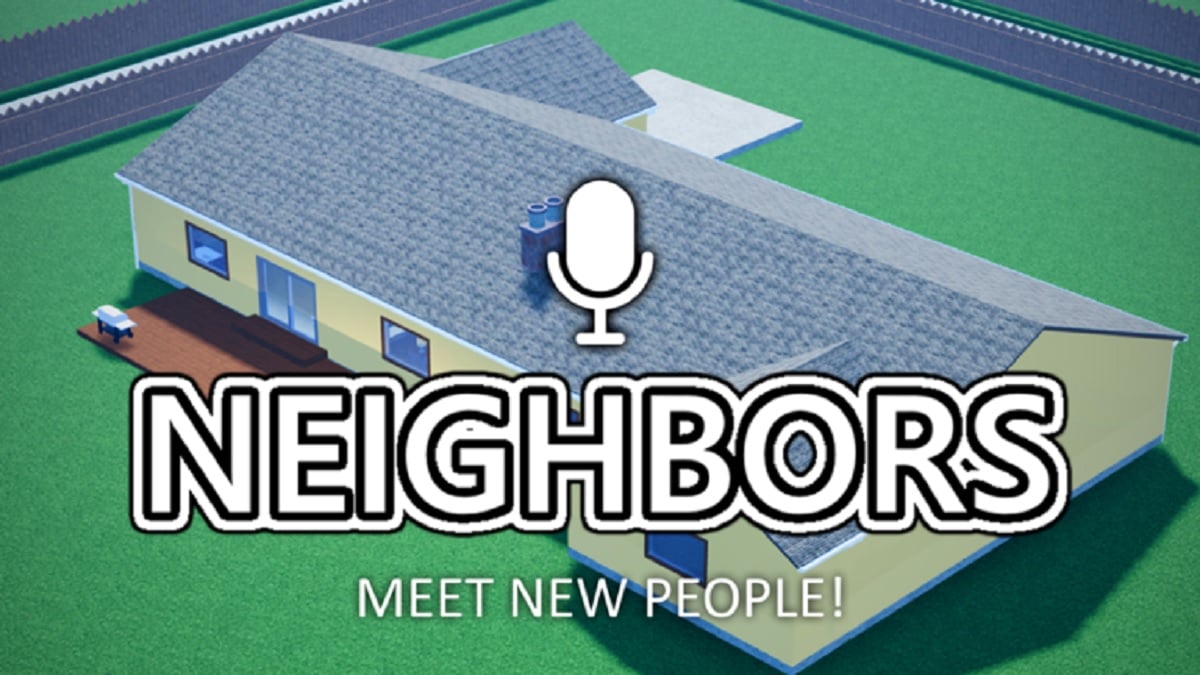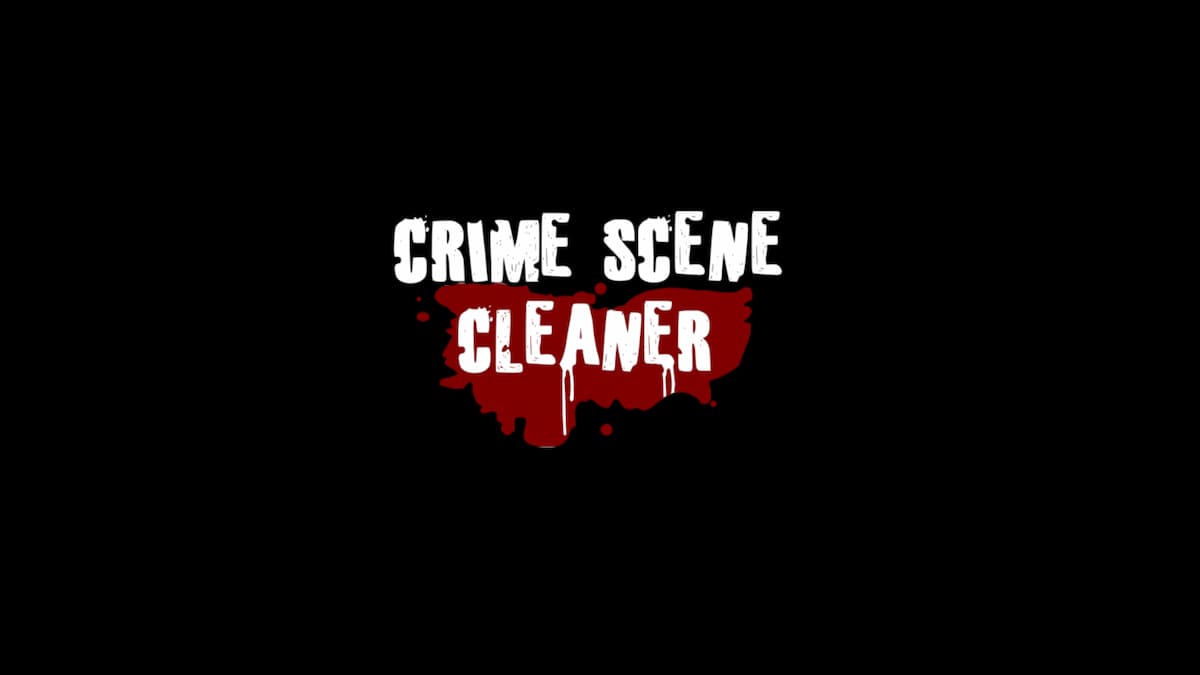Fallout 4 has several different weapon types for players to choose from and that can sometimes be a problem. It’s often difficult to know what weapons are good for what types of activities. Other than knowing sometimes you need range and sometimes you don’t, the different damage types and weapon classes can be overwhelming to those not used to Fallout or shooters in general.
We’ve put together a simple guide that breaks down each type for you so that you can always have the right tool for the job.
Grenades
Grenades come in different flavors, each with their own special uses.
Molotov Cocktails- Bottles of liquid fire. Useful against most living things such as humans and animals. Robots will shake off the flames (they’re made out of steel after all).
Fragmentation Grenade- You’re standard exploding grenade. Useful against all enemy types though it does have a delay before it explodes.
Plasma Grenade- Does the same thing as your standard Frag Grenade but also has a dose of energy damage. Useful against all enemy types but you should save these for robots.
Pulse Grenade- A grenade that does solely energy damage. Useful against robots, turrets, and power armor.
Synth Relay Grenade- Spawns Synth Reinforcements
Grenades (Continued)
Vertibird Signal Grenade- Summons a Vertibird to pick you up (as long as you’re on good terms with the Brotherhood of Steel)
Artillery Smoke Grenade- Marks a spot for your Minutemen to rain down artillery fire.
Cryogenic Grenades- Can slow wounded targets that survive. Does sizable damage
Gas grenade- Inflicts frenzy which makes them attack one another.
Nuka greanade- Frag grenade with radiation. much stronger than standard frag.
Bottlecap mines- Does massive damage and sends out an explosion of bottlecaps.
Baseball grenade- A less powerful frag.
Damage types
There are several different damage types that you can use against your enemies out in the wasteland. Understanding what each one does is key to knowing when and where to use it. Nothing is worse than having a weapon with a high damage rating doing absolutely nothing because you used it on the wrong enemy.
(The Awareness perk under the Perception branch definitely helps out in this area.)
Radiation- Ineffective against radiation immune enemies such as robots, turrets, Super Mutants, ghouls, and creatures. Humans are are highly susceptible to Radiation provided that they don’t have radiation protection.
Cryogenic- The damage of ice. Damages and slows enemies. Useful against all enemy types making this very useful although it is extremely rare to come across anything with this damage type.
Ballistic- Your standard damage type. Not especially powerful, but useful against all enemy types to varying degrees. Damage can be reduced by armor so use V.A.T.S. to aim for exposed areas. If you don’t you’ll just be giving away bullets for nothing.
Energy- Plasma and Pulse damage. Energy Damage is very useful against Synths and other robotic enemies. It is also able to disintegrate or “gooify” fleshy enemies. In some cases it can even lead to burning. Ammunition is common where ever you can find a lot of machine type enemies (factories, Vaults, etc.).
Damage types (Continued)
Fire- Shooting gasoline pools, using a Flamer, or Molotov Cocktails will cause burning that deals damage over time and can even spread to other enemies. It can also spread to you so be careful.
Bleeding- Caused by some sharp weapons, and specific firearms this causes damage over time to an enemy. Ineffective against Synths and other machines.
Crippling- Makes a limb ineffective which can potentially alter an enemy’s abilities. In some cases you’ll even be able to remove a limb.
Armor piercing- Standard damage but with an added bonus that allows it to ignore a certain percentage of armor. You’ll want this type when facing heavily armored enemies, robots, or Synths.
Explosive- BOOM!
Weapon Class
Damage type means nothing if you can’t place shots on the enemy. That’s where weapon class comes in. Here’s your chance to pick what’s most comfortable for you. Naturally, some ammunition types are restricted to specific types of guns, but for the most part you’ll be able to tailor your experience.
Pistols- Small, fast, use little AP in V.A.T.S. Good against smaller creatures and unarmored enemies. Some have high accuracy, and are good when you need to be quick and keep space.
Revolvers- These tend to use the same ammo types as pistols but offer smaller magazines as well as lower fire rates. Those tradeoffs provide more stopping power and greater accuracy.
Automatic weapons- Faster and normally with larger base magazines, these weapons sacrifice accuracy for fire rate and damage output.
Rifles- Slower, yet more powerful weapons that are perfect for range and accuracy. Best used with a scope.
Mini-Gun- Fires high power rounds with a very high fire rate and large clip. If you need to bring down something big, this is what you use to do it.
Submachine Guns- Good against groups. Can be energy or ballistic, low accuracy, perfect at groups in close to mid range.
Weapon Class (Continued)
Shotguns- Shotguns are for those who like to play it close and love crippling enemies. Energy weapons can be tuned to be more shotgun like by adding a Beam Splitter. While all types of shotguns are able to deal massive damage over an area rather than just as a single shot, Ballistic types seem to be better at tearing through armor and paralyzing limbs. These shouldn’t be used if you prefer range as you’ll have to get pretty close to do anything worth writing home about. Still, when backed into a corner, there aren’t many better options.
Launchers- Launches a payload at high velocity to deal lots of damage. Missile Launchers and the Fat Man can destroy an entire crowd although they are shortchanged if used in an area with a lot of cover, unless you have the Penetrator perk.
Flamer and Cryolater- Shoots a stream of flame or cryo vapor
Syringer- Shoots specially crafted syringes with varying effects. Relatively useless against machines, can be very deadly against humans, and creatures.
Melee sharp- Sharp, close-ranged weapons that can be upgraded to have a bleeding effect.
Melee blunt- Blunt weapons that can be upgraded to have other status effects.
Attachments
While there are many different types of attachments spanning all of the different weapon classes, there are a few that are a bit more uniform and should be taken into consideration when modding your weapon of choice.
Muzzle Breaks- These go on the end of the barrel and may go by a different name on different types of weapons (The Stabilizer on the Missile Launcher does basically the same thing). It decreases your recoil making it much easier to shoot. The tradeoff is that your weapon will have reduced range. On a shotgun this can be a problem if you’re afraid to get extra close, but on something like a pistol or revolver this isn’t too much of a big deal.
Bayonet- A blade that goes on the end of your gun’s barrel. These greatly increase the bashing damage of your weapon making them as deadly when swung as they are when shot.
Suppressor- Lets you shoot without attracting enemies. Perfect for stealth.
Sights/Scopes- How do you like to aim? Scopes provide a varying degree of zoom, but make aiming down sights while at close to mid range a nightmare. Make sure not equip what looks cool and go for something you can actually use.
Magazines- Every weapon has a specified ammo capacity. For many of these, though, you can adjust the amount in exchange for reload speed.
Grips/Stocks- These alter how your weapon is fired (as a pistol or rifle) and help determine how your weapon handles recoil.
What’s Best?
There is no such thing as a “best” weapon in Fallout 4. Sure there are a few weapons that are easily forgotten once you find something better, but every single tool in the game serves its purpose.
While there is no best weapons though, there are certainly worse weapons for situations. Pulling out a melee weapon against snipers sitting on a roof is a silly thing to do, as is going toe-to-toe with a Super Mutant using nothing but a pistol. Surviving in the wasteland will help you learn predictable scenarios.
Now that you know what each damage type and weapon class does, you’ll be better suited to rise to each and every occasion. So start choosing what you’re comfortable with and make yourself an unbeatable loadout.













Updated: Aug 2, 2016 06:47 pm